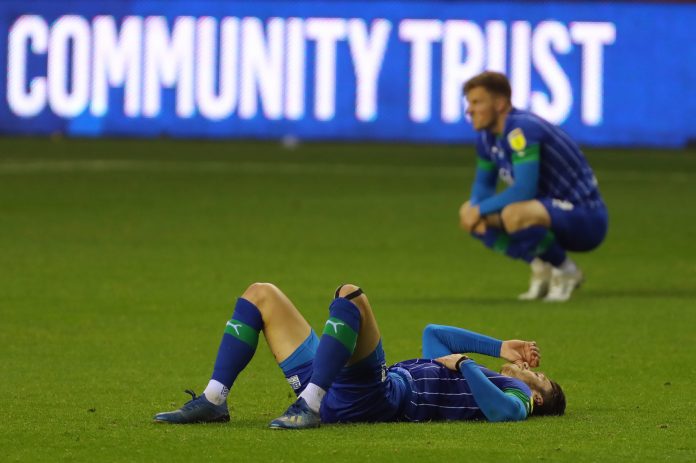Digital, Culture, Media and Sport Committee chair, MP Julian Knight has warned that as many as 15 clubs could be in financial danger after the latest report from the committee signals that the ‘current football business model is not sustainable’.
The group of MP’s have also stated that the impact of COVID-19 has severely affected all levels of sport from recreational and professional levels, whilst also issuing that a football ‘reset’ is needed to secure the sport financially.
The DCMS Committee report read: “The current football business model is not sustainable. The COVID-19 crisis has shone a stark light on the financial issues within football, specifically in the leagues below the Premier League.
“The Premier League is the main income generator of English football. If it does not step up to help the English Football League, many more clubs will follow in Bury FC’s footsteps. The EFL also needs to ensure it develops a more sustainable financial model.”
DCMS Committee’s report, which also discusses topics of removing parachute payments to create a fairer playing field and the introduction salary, goes in depth over the growing financial issues in football, with more examples of clubs suffering administration such as Bury, alongside Bolton, and most recently Wigan.
MP Julian Knight , highlighted the growing financial pressure being put on football clubs as he told the PA news agency: “There are 10-15 clubs on a watchlist right now in terms of whether they go bust. That’s from the EFL. That is one in five.
“That would be absolutely tragic for many communities around the country. There needs to be a reset.
“This has been broken for years but the fact EFL clubs (currently) cannot get people through their turnstiles means some of them are effectively facing extinction. They don’t have the big TV deals that the Premier League does.
“Any idea there would be a government bailout is for the birds, in my view, when there is a £9 billion TV deal at the very top of football. The football family needs to come together and work together in order to sort this out.”
Also discussed by the DCMS Committee was the treatment of women’s elite sport, with the committee stating that it has been disproportionately impacted and calls for sporting bodies to limit this.
Recreational sport was also brought up in the report, recommending that the DCMS sets up an “activity fund” to ensure people affected by lockdown “including older people, BAME people, disabled people, women, people from lower socio-economic backgrounds and those unable to access physical activity content online” are supported.
In response to the Committee’s report a DCMS spokesperson commented: “We have been clear that finances from the resumption of the sport at the top level must support the wider football family, and we continue to have discussions with the authorities on how football can ensure that it is sustainable.
“Last week we outlined plans to help sports begin to safely reopen their doors to fans in the coming months.
“We have also committed to a review of football governance, with input from fans, which will also include consideration of the owners’ and directors’ test. Further details on this will be announced in due course.”























